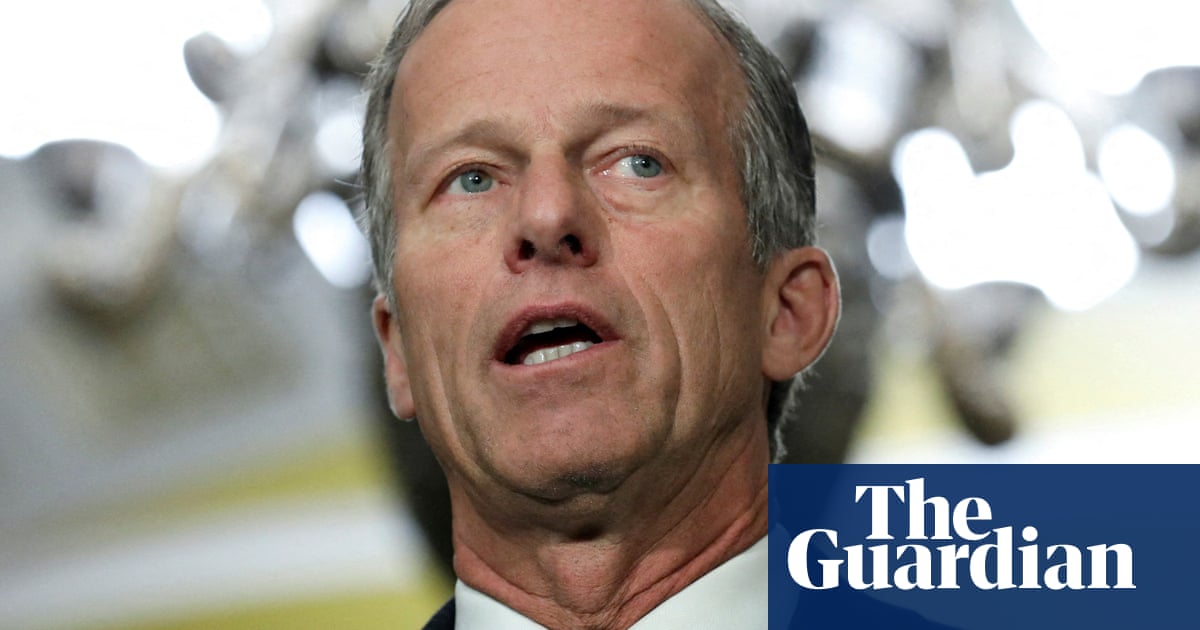Donald Trump has signed a proclamation banning travel from 12 countries and restricting travel from seven others, reviving and expanding the travel bans from his first term.
The nationals of Afghanistan, Burma, Chad, Republic of the Congo, Equatorial Guinea, Eritrea, Haiti, Iran, Libya, Somalia, Sudan and Yemen will be “fully” restricted from entering the US, according to the proclamation. Meanwhile, the entry of nationals of Burundi, Cuba, Laos, Sierra Leone, Togo, Turkmenistan and Venezuela will be partially restricted.
The US president said that he “considered foreign policy, national security, and counterterrorism goals” in deciding the scope of the ban. Trump had cued up the ban in an executive order signed on 20 January, his first day back in the White House, instructing his administration to submit a list of candidates for a ban by 21 March.
Advocates have for months raised alarms that a blanket ban will once again tear families apart. The bans on travel from Haiti, Cuba, and Venezuela could be especially impactful in US communities with huge immigrant populations from those countries.
Having instituted a travel ban on Muslim countries early in his first term, Trump trailed his plans for a new ban during his election campaign against Kamala Harris last year.
“I will ban refugee resettlement from terror-infested areas like the Gaza Strip, and we will seal our border and bring back the travel ban,” Trump said in September. “Remember the famous travel ban? We didn’t take people from certain areas of the world. We’re not taking them from infested countries.”
He was referring to the ban he imposed after taking office in January 2017, leading to chaos at airports as protesters and civil rights attorneys rushed to help affected travelers.
Trump said the ban was needed to combat terrorist threats. It was blocked by federal courts on civil liberties grounds but the US supreme court, to which Trump would eventually appoint three hardline rightwing justices, allowed the ban to stand.
The supreme court said Trump’s ban did not target Muslims – despite the fact it originally targeted travelers from Chad, Iran, Libya, Somalia, Syria and Yemen, Muslim-majority countries. According to the court, the ban fell within the remit of a president’s national security powers. North Korea and Venezuela were also included.
The Council on American-Islamic Relations (Cair) said then: “The Muslim ban’s bigotry should have been as clear to the supreme court as it is to the Muslims demonized by it. Apparently, everyone but the supreme court can see the decision for what it is: an expression of animosity.”
after newsletter promotion
In 2020, shortly before the Covid pandemic drastically reduced world travel, Eritrea, Kyrgyzstan, Nigeria, Myanmar, Tanzania and Sudan were added to the ban.
In 2021, that travel ban was among measures Joe Biden ended within hours of being sworn in as Trump’s White House successor.

 German (DE)
German (DE)  English (US)
English (US)  Spanish (ES)
Spanish (ES)  French (FR)
French (FR)  Hindi (IN)
Hindi (IN)  Italian (IT)
Italian (IT)  Russian (RU)
Russian (RU)  3 weeks ago
3 weeks ago
























Comments